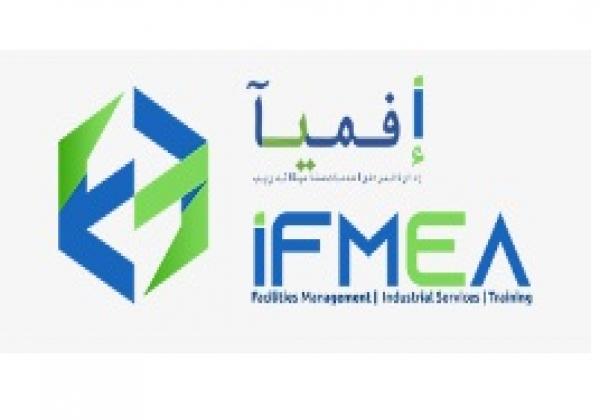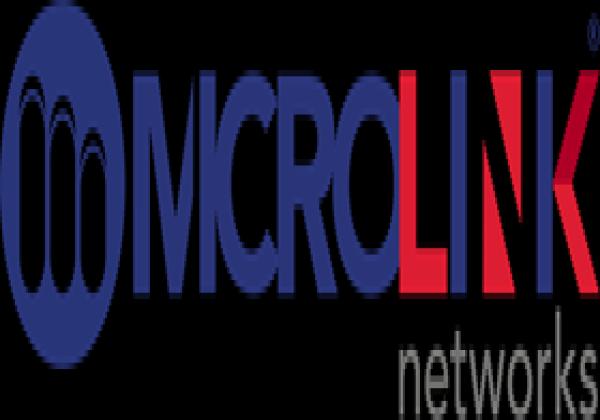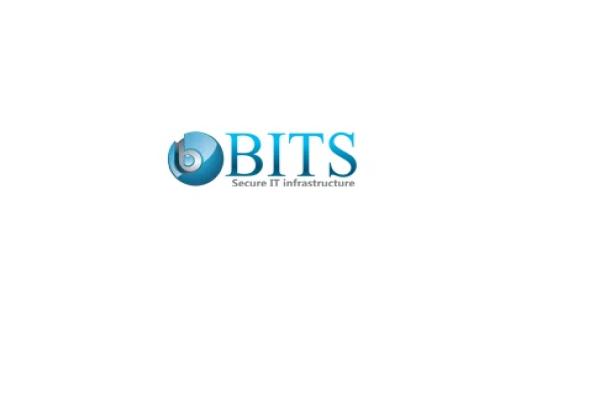Copper Cables Suppliers in Dubai,UAE

IFMEA
Phone: +97143296764
Emirate:Dubai, P.O.BOX:
Address:Dubai Branch : GF-01, Shams Business Park AL Garhoud , Dubai

Micronet Technology
Phone: 0505648497
Emirate:Dubai, P.O.BOX:182415
Address:Office 102, Rifa Old Building, Opp Palm Beach Hotel, Khalid Bin Waleed St, Bur Dubai

LAN GUARD
Phone: +971 2 6329170
Emirate:Abu Dhabi, P.O.BOX:
Address:M01 Floor, Princess Jewellery Building, Khaleefa Street, Abu Dhabi, United Arab Emirates

Microlink networks llc
Phone: +97145561557
Emirate:Dubai, P.O.BOX:
Address:Boulevard Plaza Tower One, Level 3, Downtown Dubai, United Arab Emirates

Bits Secure IT Infrastructure LLC
Phone: +971 43282444
Emirate:Dubai, P.O.BOX:3282444
Address:SUNTECH Tower - Office 903 - Dubai Silicon Oasis - Industrial Area - Dubai - United Arab Emirates
Copper cables are a type of electrical conductor made from the element copper. They are widely used in various applications due to their excellent conductivity, durability, and relatively low cost
Key characteristics of copper cables:
High conductivity: Copper efficiently conducts electricity, making it suitable for various electrical applications.
Ductility and malleability: Copper is easily shaped and formed, allowing for flexible cable designs.
Corrosion resistance: Copper exhibits good resistance to corrosion, ensuring long-lasting performance.
Recyclable: Copper is a recyclable material, contributing to environmental sustainability.
Types of copper cables:
Solid copper cables: These cables consist of a single solid core of copper wire. They offer superior conductivity but are less flexible compared to stranded cables.
Stranded copper cables: These cables are composed of multiple thin copper wires twisted together. They provide greater flexibility and are better suited for applications requiring frequent bending or movement.
Coaxial cables: These cables feature a central conductor surrounded by an insulating layer, a braided shield, and an outer jacket. They are commonly used for transmitting radio frequency signals, such as in television cables and antenna cables.
Applications of copper cables:
Electrical wiring: Copper cables are the primary conductor used in building wiring for powering lights, appliances, and other electrical equipment.
Telecommunication networks: Copper cables are used in telephone lines, data cables, and other telecommunication infrastructure.
Computer networking: Copper cables, such as Ethernet cables, are used to connect computers and other devices within a network.
Automotive wiring: Copper cables are essential components of electrical systems in vehicles, carrying power and signals throughout the car.
Construction: Copper cables are used in various construction applications, including grounding systems and lightning protection.
Advantages of copper cables:
High conductivity: Offers efficient electrical conduction for various applications.
Durability: Provides long-lasting performance and reliability.
Flexibility: Stranded cables offer good flexibility for easy installation and handling.
Cost-effective: Generally less expensive compared to some other conductor materials.
Recyclable: Contributes to environmental sustainability through recycling programs.
Future of copper cables:
While copper cables face competition from newer technologies like fiber optic cables for certain applications, they are expected to remain a vital component of electrical infrastructure and various industries for the foreseeable future due to their established performance, reliability, and cost-effectiveness.
Key characteristics of copper cables:
High conductivity: Copper efficiently conducts electricity, making it suitable for various electrical applications.
Ductility and malleability: Copper is easily shaped and formed, allowing for flexible cable designs.
Corrosion resistance: Copper exhibits good resistance to corrosion, ensuring long-lasting performance.
Recyclable: Copper is a recyclable material, contributing to environmental sustainability.
Types of copper cables:
Solid copper cables: These cables consist of a single solid core of copper wire. They offer superior conductivity but are less flexible compared to stranded cables.
Stranded copper cables: These cables are composed of multiple thin copper wires twisted together. They provide greater flexibility and are better suited for applications requiring frequent bending or movement.
Coaxial cables: These cables feature a central conductor surrounded by an insulating layer, a braided shield, and an outer jacket. They are commonly used for transmitting radio frequency signals, such as in television cables and antenna cables.
Applications of copper cables:
Electrical wiring: Copper cables are the primary conductor used in building wiring for powering lights, appliances, and other electrical equipment.
Telecommunication networks: Copper cables are used in telephone lines, data cables, and other telecommunication infrastructure.
Computer networking: Copper cables, such as Ethernet cables, are used to connect computers and other devices within a network.
Automotive wiring: Copper cables are essential components of electrical systems in vehicles, carrying power and signals throughout the car.
Construction: Copper cables are used in various construction applications, including grounding systems and lightning protection.
Advantages of copper cables:
High conductivity: Offers efficient electrical conduction for various applications.
Durability: Provides long-lasting performance and reliability.
Flexibility: Stranded cables offer good flexibility for easy installation and handling.
Cost-effective: Generally less expensive compared to some other conductor materials.
Recyclable: Contributes to environmental sustainability through recycling programs.
Future of copper cables:
While copper cables face competition from newer technologies like fiber optic cables for certain applications, they are expected to remain a vital component of electrical infrastructure and various industries for the foreseeable future due to their established performance, reliability, and cost-effectiveness.


